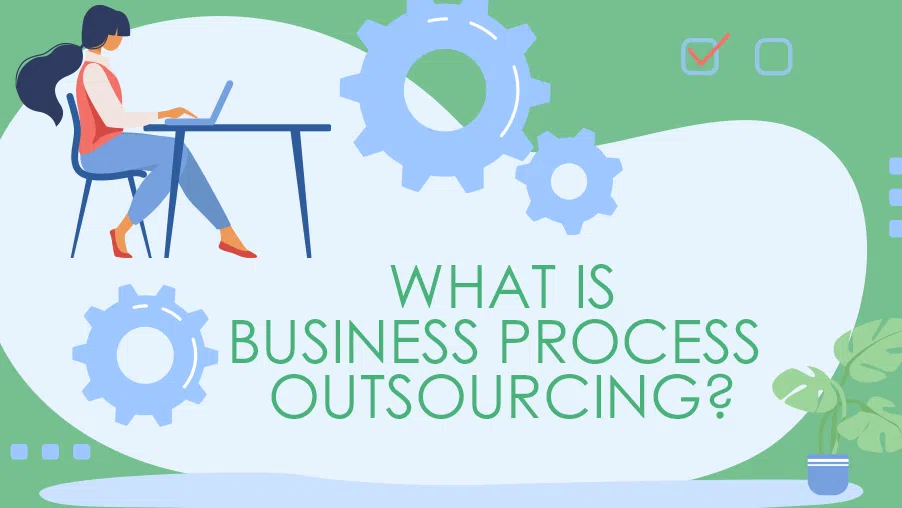What is BPO (Business Process Outsourcing)?

What is BPO (Business Process Outsourcing)?
A great customer service team can add wings to a company’s growth, by helping win and retain client loyalty. But should you build your team in-house, or hand it over to a specialist?
Customer service BPOs (business processing outsourcers) are companies that specialize in handling customer queries that come in via email, chat, phone, social media, and other channels.
Studies show that customers whose problems are solved quickly and easily tend to be faithful to the company. A good customer service BPO can help your company gain such allegiance, often saving you money at the same time. Most importantly, working with a high-quality BPO will take the stress of customer support off your plate, so you and your staff are free to focus on important strategic concerns — your product or service, your vision.
This article will outline the benefits and limitations of working with a customer service BPO.
1. Access Specialized Expertise
Customer service BPOs are experts in managing and scaling customer service teams.
That means they understand key customer service metrics. As your team grows, you’ll need to track key performance indicators (KPIs) like first contact resolution, first response time, full resolution time, customer satisfaction, and more. More importantly, if your performance isn’t meeting your goals, you need to investigate and take action. Outsourcers can manage this on your behalf.
They also understand customer service processes. They know how to design phone trees, customer retention strategies, and return policies. They can help you create customer service staffing plans based on your growth projections, and use queuing models to optimize your team’s schedule.
And they understand customer service technology. As you grow, your technology needs may change. A good customer service BPO can advise you on new technologies and even help with implementation.
2. Get the Best Agents
A customer service BPO has access to a wide pool of specialized talent, which you may not be able to tap on your own. At Peak Support, for example, our agents have an average of seven years’ experience working for top U.S. and European brands. That means we get a steady stream of referrals of equally talented and experienced customer service representatives.
3. Eliminate HR Headaches
Managing your own customer service team requires adding headcount and dealing with all related headaches. You would have to recruit and train support agents, plan their compensation, manage their performance, and handle their turnover, among other issues. Furthermore, you’d have to set up the infrastructure and technology to manage customer issues. For many companies, this isn’t the best use of their time and limited resources.
4. Gain Flexibility
A customer service BPO can improve your ability to staff up for a busy season or provide after-hours support. At Peak Support, for example, we can scale teams quickly, often adding new agents within a week. Our agents can also provide evening, weekend, or 24/7 coverage, depending on client needs.
BPOs that offer international teams can also improve your ability to serve international customers, by staffing shifts that would be unappealing to in-house agents.
An outsourcer can also handle multiple channels — from phone support, to email, to social media, and live chat. A recent survey of 1,044 customers shows that they want to interact with a company via different channels depending on the urgency and complexity of their issue.
5. Reduce Costs
Outsourcing can often reduce your costs. Customer service representatives based in your home office require equipment and space, which can be prohibitively expensive, especially in major metro areas. Outsourcing eliminates those costs. You can often save additional money if your customer service BPO hires international agents based in countries like the Philippines, where there is a wealth of excellent English-speaking talent.
But be careful that these cost savings don’t come at the expense of quality. Look for reputed customer service BPOs that have the expertise to recruit top talent, provide excellent training, and scale your team as your company grows. Outsourcing has gained credence as a money-saving strategy — which it is — but that shouldn’t be the top factor driving your choice.
Limitations of Outsourcing
Outsourcing services aren’t for everyone. If you are getting just a few customer queries a week, perhaps the founder or a senior executive can handle them. At that early stage, it may help for the senior team to have that direct contact with customers.
If your product is in a highly regulated industry, which requires only certified staff to talk about it, outsourcing also may not be a good fit.
Furthermore, you should consider whether you are looking to outsource customer service — or outsource your core product. Let’s say you sell Virtual Assistant services, for example. In that case, your agents are your core business, and you should probably manage the service yourself. The same would be true if, for example, you provided remote mental health or accounting services.
In short, every business has specific needs that can’t be solved with a one-size-fits-all solution. The best thing you can do is schedule a consultation with a customer service BPO to understand what solution will work best for you.
This article was originally posted on Zendesk.
If you want to learn more about scaling customer support for your business, download our e-book “Scaling Customer Support for Your Growing Business.”


